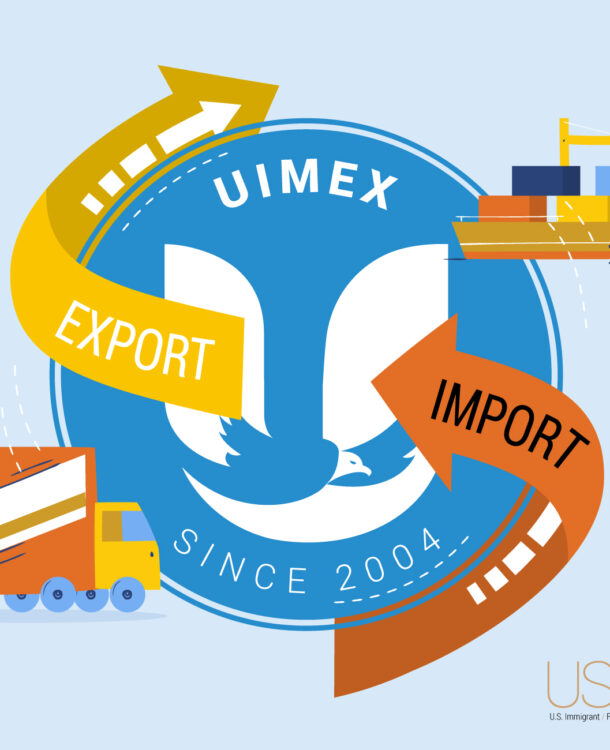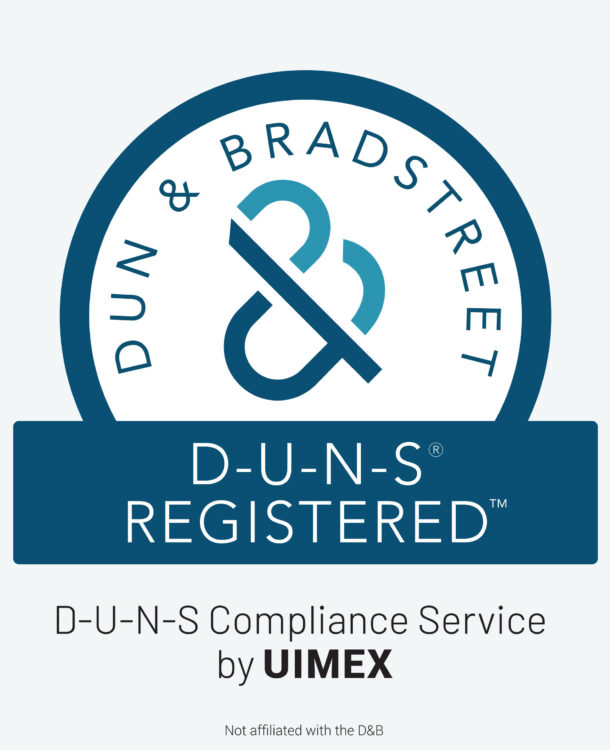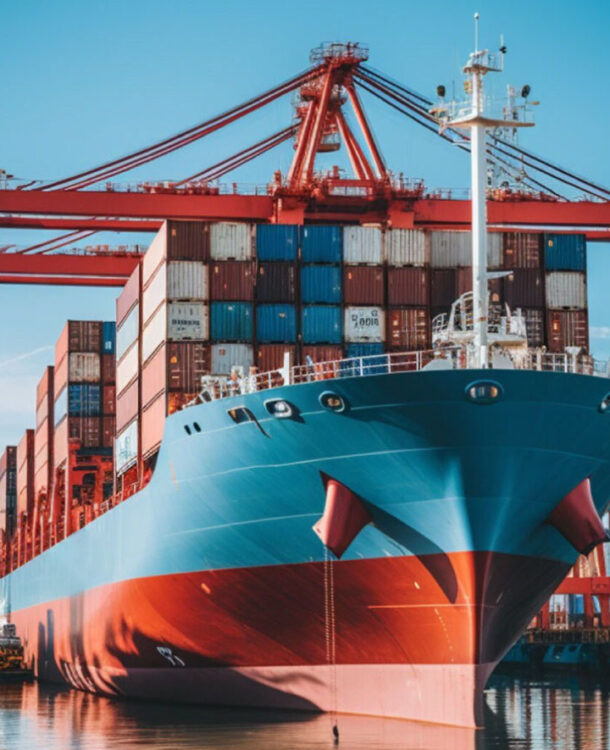
Exporting from the USA to Vietnam
A Strategic Guide for U.S. Businesses Entering the Vietnamese Market
Exporting goods from the United States to Vietnam is more than just logistics — it’s about establishing trust, ensuring regulatory compliance, and building lasting partnerships. Whether you are a seasoned exporter or just beginning to expand your global reach, understanding the pathway into Vietnam is key to your long-term success.

8 Key Steps to Export from the USA to Vietnam
Start by registering your business in the U.S. and obtaining an import-export code (EIN or DUNS number). Understand the legal obligations involved in cross-border trade. This forms the foundation for a compliant and credible export operation.
Identify goods that are in high demand in Vietnam, are feasible to ship, and have sustainable sourcing. Successful exporters tailor offerings to local preferences and regulatory allowances.
Exporting to Vietnam requires a licensed Vietnamese entity to receive and clear goods. Build partnerships through trade shows, business networks, or local sourcing agents.
Depending on the nature of your goods, you may need export licenses (via BIS, FDA, USDA, etc.). Accurately prepare commercial invoices, packing lists, and file through AES (Automated Export System).
Company Registration: Foreign exporters may need a Vietnamese legal entity or local distributor.
Import Permits: Certain product types require registration or licensing before entry.
HS Code & Tariffs: Classify products properly for duty calculation.
Product-Specific Requirements: Food, cosmetics, supplements, electronics, and chemicals often require additional testing, labeling, or quarantine certification.
Select the optimal freight solution: air cargo for speed or sea cargo for volume and cost efficiency. Work with a freight forwarder for smooth handling of customs documentation and tracking.
Discuss Incoterms (FOB, CIF, DDP…) clearly. Ensure international payment methods (LC, TT, Escrow) are secure, transparent, and acceptable for both parties.
Trade policies evolve. Stay up to date on changes in import/export laws, labeling standards, food safety regulations, and customs practices in both countries.
Final Thoughts
Exporting to Vietnam presents vast opportunities — especially in fast-growing sectors such as food & beverages, wellness products, and e-commerce. However, opportunity must go hand in hand with preparation. At UIMEX, we help U.S. companies confidently expand into Southeast Asia, with full support in compliance, logistics, and local market entry.
Are you ready to leap into the Vietnamese market?
Let our team of experts steer you through every step — from navigating paperwork to ensuring smooth port delivery. Your success starts here!
Their Advice, Your Advantage

What every Business Should Know
When you understand the processes behind business, importing, and exporting, you reduce risk and increase your chances of success.
















